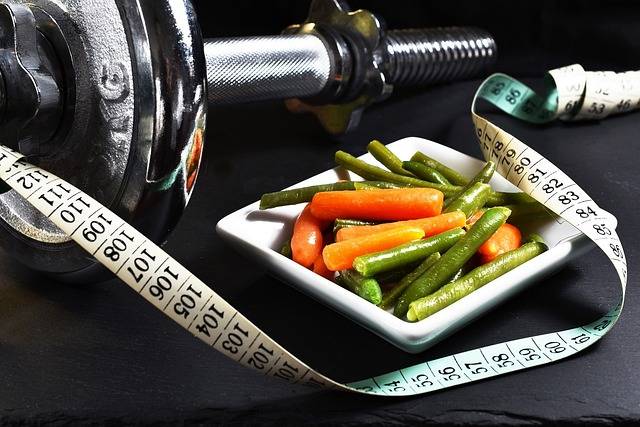1. Diets aren't one-size-fits-all
By "diet," I'm referring to an overall approach to eating here rather than a rigid, restrictive, and ultimately temporary method to shed unwanted pounds. Maybe a vegan way of eating is right for you, or perhaps you appreciate the guidance of a service like Weight Watchers as you learn to navigate a new approach to nutrition. There's no one "right" way to eat or lose weight; if it works for you, it's good enough.
For me, it was the ketogenic diet (which I'd followed on and off for several years prior) that ultimately felt like the best fit for my life. Eating a diet full of high fat, moderate protein, very low carbohydrate foods doesn't feel limiting to me, nor do I find it hard to follow. It's something I can see myself sustaining long-term, but I understand that it's not the only way.
2. The less junk you eat, the less you crave it
I feel no shame in saying that I was a sugar addict. I know I'm not alone — sugar addiction has become an epidemic, with the average American consuming more than four times the daily recommended amount of the sweet stuff. Aside from the terrible effects excessive sugar consumption has on our overall health, it also contributes significantly to weight gain.
Once I cut sugar out of my diet, I noticed that I stopped craving it. Sure, it was rough at first, but after the first month or so, I realized that I was sleeping better, having fewer mid-afternoon crashes, and I actually didn't miss sugar at all. It helped that I found recipes online for healthy versions of my favorite treats, but even those I wasn't inspired to make all that regularly as I just didn't need them.
3. Faillng to plan is planning to fail
There's a reason the #mealprep tag on Instagram has more than nine million entries: anyone who's trying to stay on track with eating well and losing weight knows that preparation is key. There's nothing worse than getting home after a long and tiring day only to realize that you have no idea what you're going to eat for dinner.
Taking the guesswork out of that process by spending a day or two a week prepping meals that I could later reheat quickly when I was busy kept me from reaching for unhealthy foods and helped me stay on track. On the few occasions I didn't do this, that's when I tended to make less than stellar nutritional choices.
4. Your journey isn't anyone else's — don't compare them
It's easy to get frustrated when you're not making progress as quickly as you'd like, and this is only compounded if you're active on Instagram and see other people's before and after pictures. You might wonder why you're not progressing as quickly as someone you see on the social media site and get frustrated with your own perceived lack of progress, but stop. Every single person's journey is different and everyone has their own unique set of circumstances.
I used to feel bad when I saw people with my stats — same age, height, starting weight — who'd lost more weight than I had in the same amount of time, but then I realized that I don't actually know them or their lives. The only person whose progress I need to worry about is my own and since I didn't gain the weight overnight, I'm certainly not going to lose it that quickly.
5. There's such a thing as being too rigid — you have to live a little
As focused as I am on reaching my goals, I also know that rigidity is boring and unsustainable. Whether it's going out for my partner's birthday or celebrating Christmas, I'm not against going "off-plan" and enjoying foods that I normally don't eat just because they taste nice and I want them.
Instead of berating myself, I enjoy it while it lasts and get back on track the next morning. Life's too short to be too hard on yourself.
